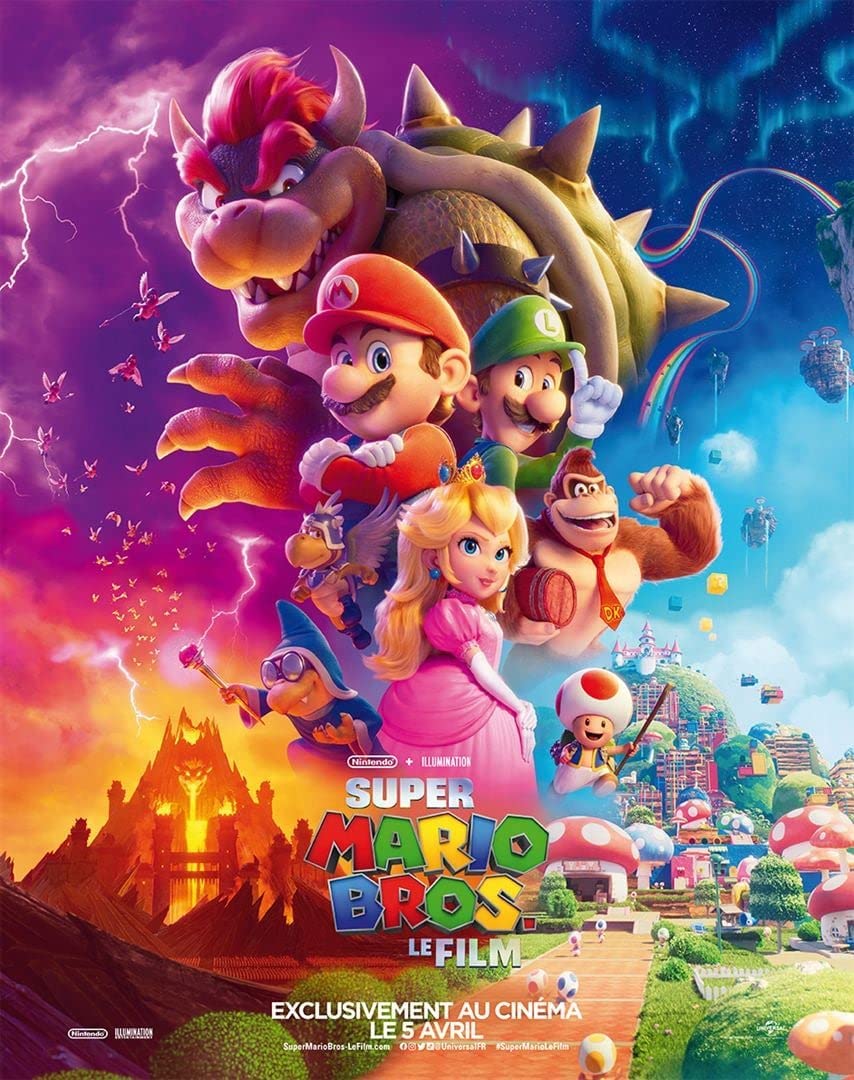Before the theatrical release of Daouda Coulibaly's first feature film Wùlu, JustFocus had the opportunity to ask him a few questions.
Wùlu will be released on French screens on Wednesday, June 14, 2017. Directed by Daouda Coulibaly, a Franco-Malian filmmaker, the film tells the story of Kadji, a 20-year-old apprentice driver in Bamako, who will enter the cocaine trafficking that is raging in West Africa. An effective and original film, Wùlu highlights another Africa against the tide of the one that the seventh art is used to portraying.
trafficking that is raging in West Africa. An effective and original film, Wùlu highlights another Africa against the tide of the one that the seventh art is used to portraying.
"Films that are made in Africa often address the same themes and the same way of filming, to the point that African cinema is almost considered a genre in itself."
You had already made short films about Africa, but where did you get the idea to talk more specifically about cocaine trafficking in West Africa?
During my various stays in West Africa and especially in Bamako (where I lived in 2011), I noticed that crime was a very special thing. In Africa, we really must have nothing to lose to try this path. Making this film was one way to study that. More specifically, it was after the Air Cocaine affair in 2009 that it became clear that I wanted to talk about drug trafficking in this region.
It is true that this seems quite surreal as a business. We realize that the state is not only complicit, but that it has also participated, via the army in particular, is that right?
Yes, there was complicity between drug traffickers and some army generals. But this case has also shown the extent of the phenomenon. After that, it could no longer be said that cocaine trafficking in this region was marginal. Since there is so much cocaine transiting through West Africa, and Mali in particular, we are forced to worry about it because it has local consequences.
Your film does not deal with this problem in a completely raw and realistic way. There is a certain dreaminess and originality in the staging and the way the story unfolds. Why this choice?
The documentary aspect is there to explain how this trafficking is set up.To the latter, we must also associate a more distanced component that allows us to take a step back and the field from reality and evoke it in a slightly more poetic, dreamlike way as you say. To be in an intimacy with the character.
We also have the impression that there is no real bias in Wùlu…
I tried to avoid judging negatively, because it's too easy.For me, Ladji's character is a good person; He should have gotten away with it in life other than through a career as a trafficker. That's what interested me in the project: starting from someone who symbolizes a dynamic, intelligent, hard-working youth who will come up against the blockage of society.He finds in cocaine trafficking the only possible recourse for his survival.
Was the choice of actors easy, fast?

Um, neither! I thought I was going to find Ladji, the main character, in Bamako. I met a lot of people there, but I never had a real crush. It was thanks to the casting director and the producer that I became aware of Ibrahim Koma in France. Once met, it became obvious that it had to be him. For the other characters, there was the use of my casting director for some and for others, they are actors I knew in Bamako.
Ibrahim Koma (Ladji). Credits: DR
The title of your film refers to an initiation rite. But this theme is little addressed afterwards, was it a way to make a metaphor?
Yes, it is a metaphor to signify Ladji's initiatory journey in a modern society.He who comes from a traditional society, with values transmitted by rites (including the N'Tomo, mentioned in the preamble of the film), will discover a new form of initiation. The one that will allow him to find his place in a modern society, where money has been erected as a supreme value. The film proposes to follow all his criminal initiation.
Did you and the actors immerse yourself a lot in the atmosphere of Bamako and Mali to make this film?
Yes, I lived there so it's part of my approach. I couldn't see myself writing such a film living outside the country. Most of the situations found in Wùlu were experienced on the spot. The others are things that are very documented or that I have been told, but it is true I was inspired to the maximum of what I had in front of me.
In general, the films we see about Africa are mainly about Africa "clichés" that Westerners have, about that of the countryside. And it's true that it's changing and good to see that there are also huge cities where there is complexity…
That is exactly what we are doing. Films made in Africa often address the same themes and the same way of filming, to the point that African cinema is almost considered a genre in itself. With this film, we tried to bring something different.The more proposals we have, the better we will qualify our remarks on Africa. From there, we will already stop considering Africa as a country. I hope that many of you will see things like that, feel the complexity, try to see what is behind the clichés.
Are there other themes that you plan to bring to the cinema in the near or distant future?
No, I do not ask myself the question like that. I'm happy to have made this film, to have put this theme on the table, but I work by crush. The next time there is a subject that touches me as much as Wùlu's, I will get back to work.




































![[Interview] Rencontre Justfocus avec Callum Scott au Café Barbes de Paris](https://www.justfocus.fr/wp-content/uploads/2018/03/meeno-Calum-Scott-2016.05-2940-1-1.jpg)



